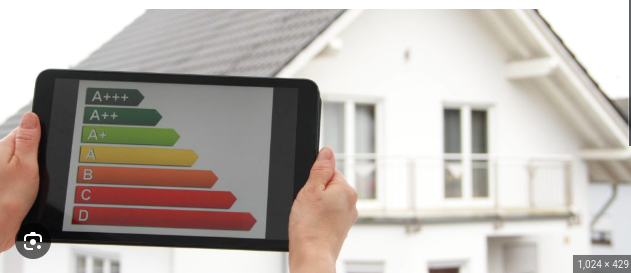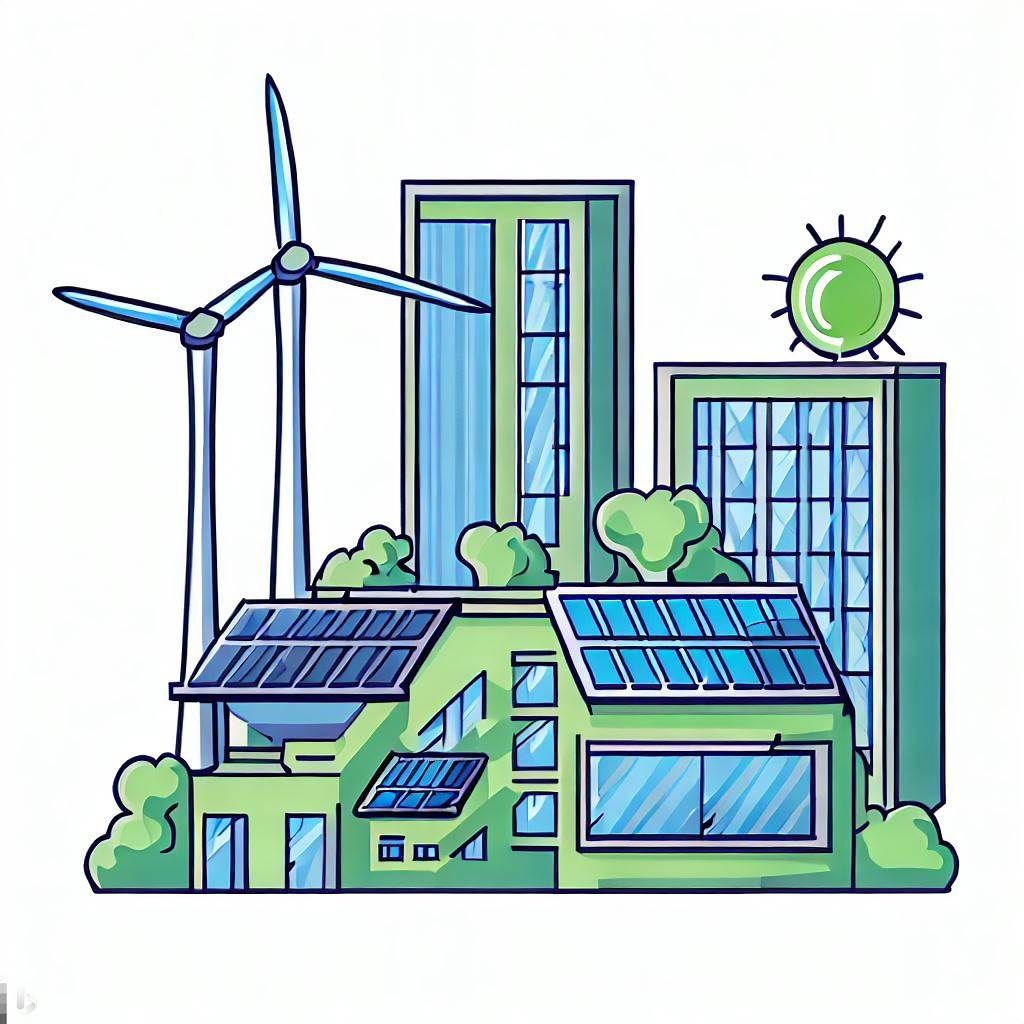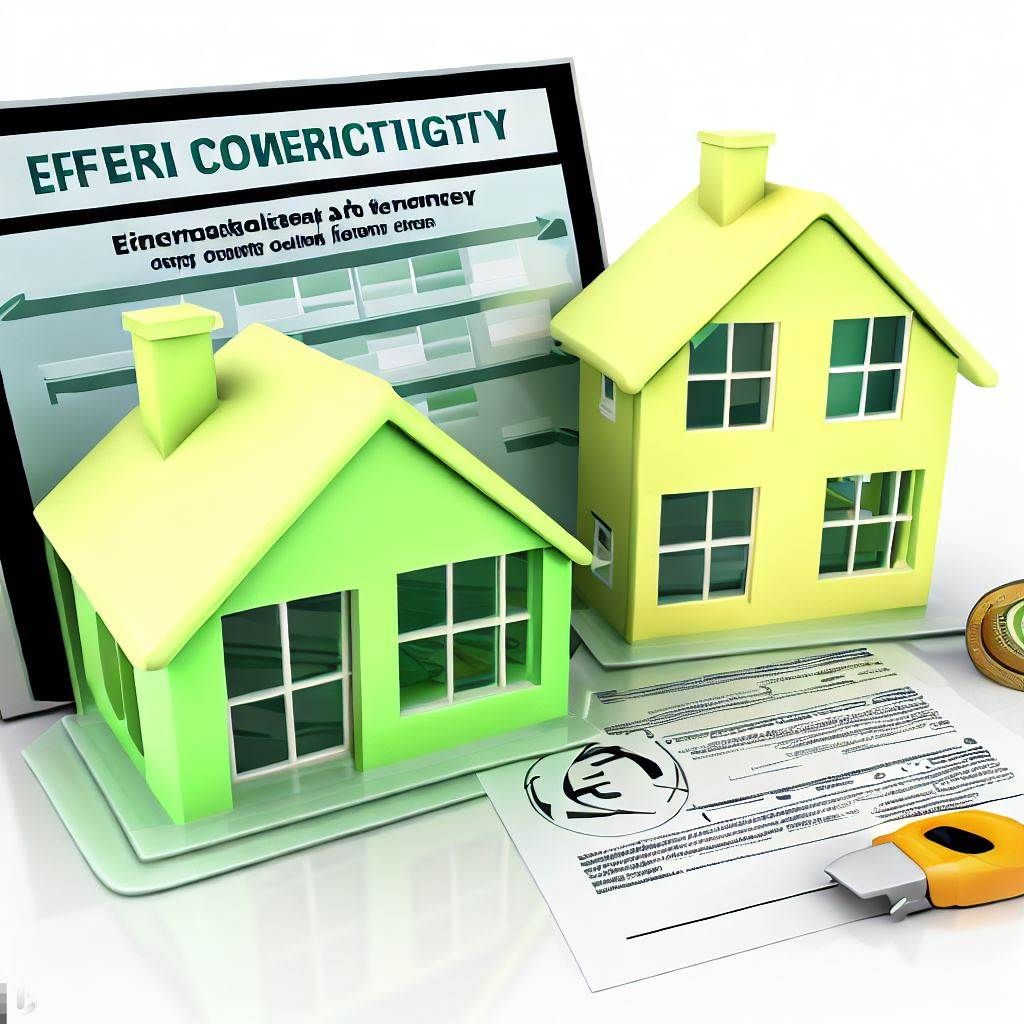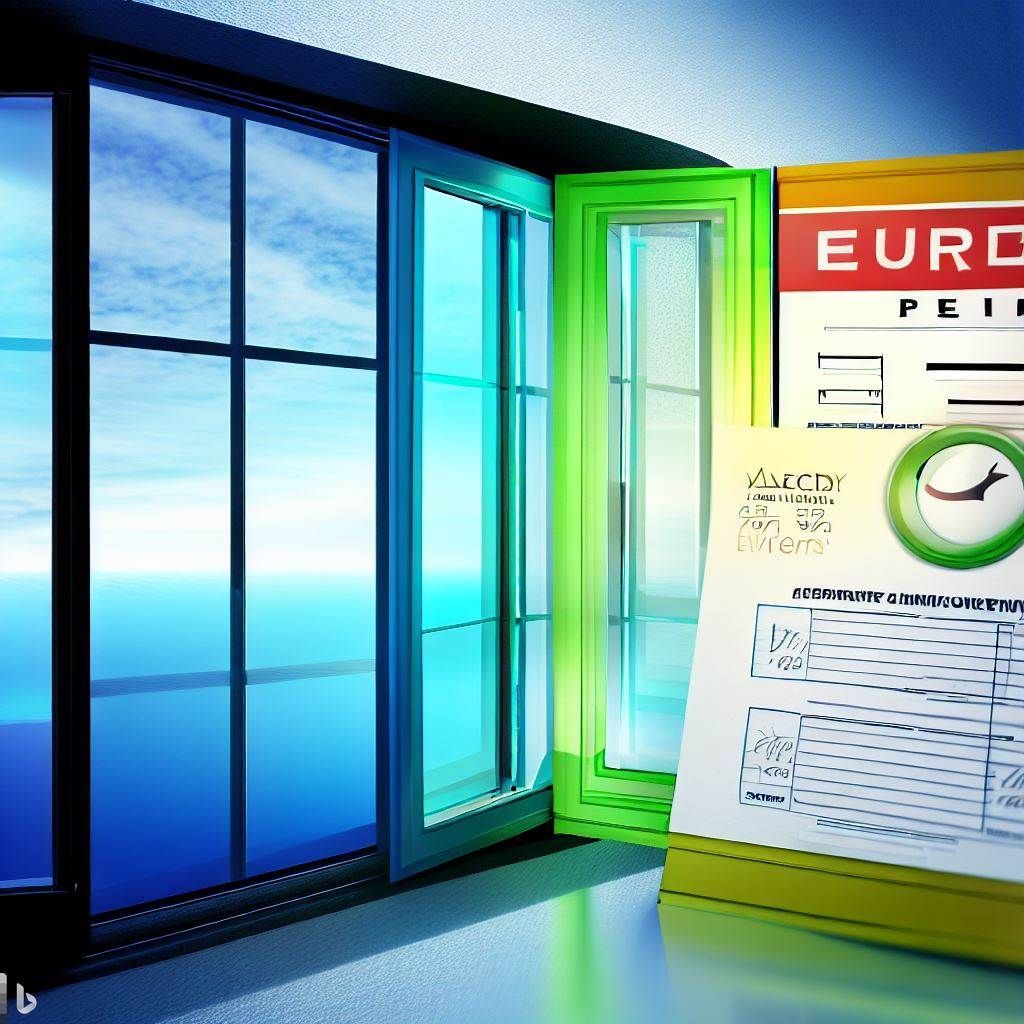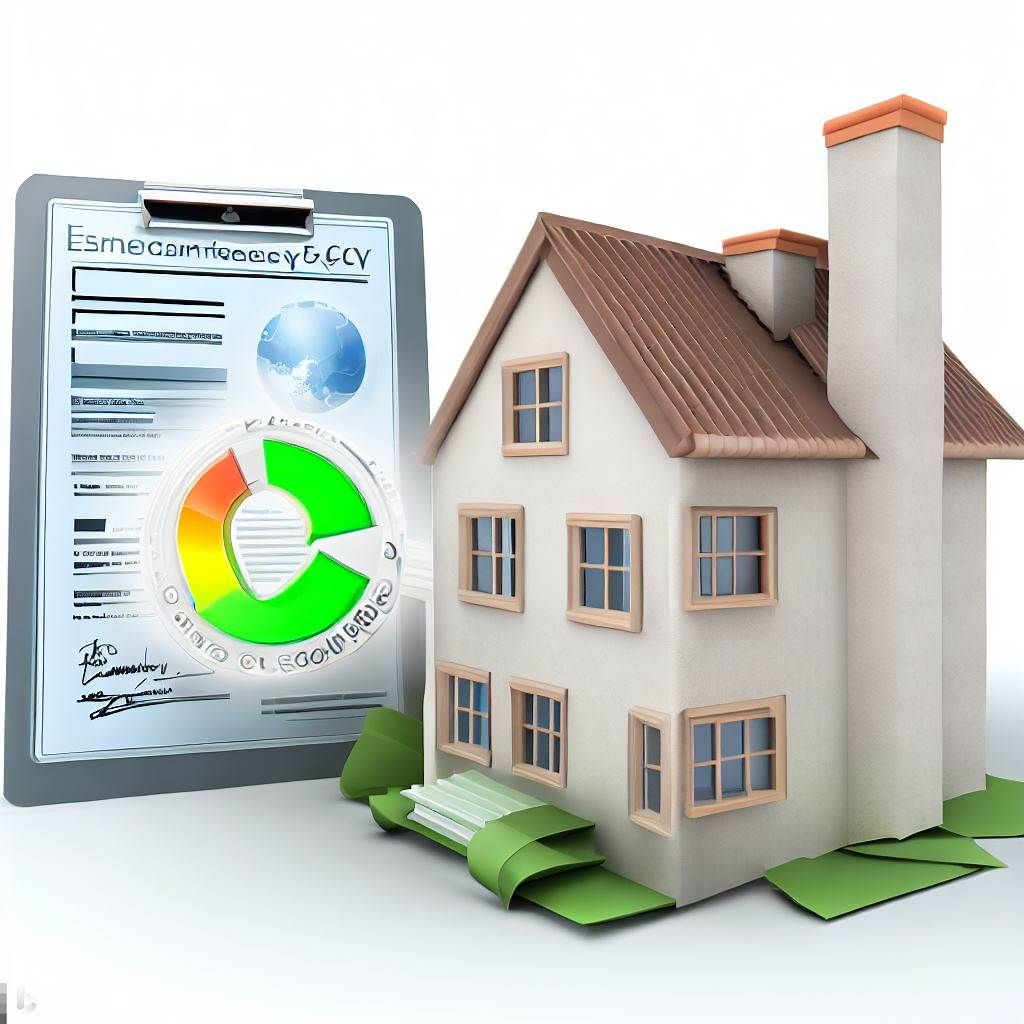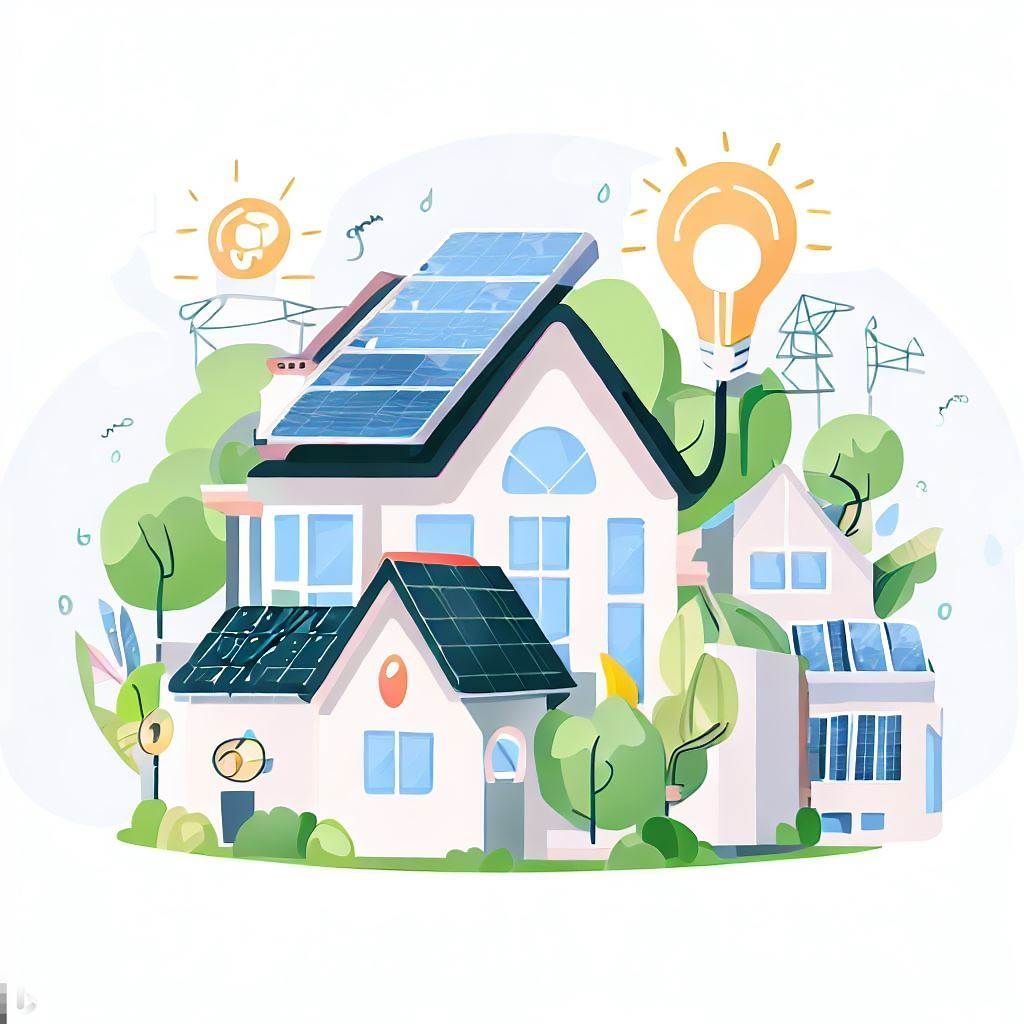How to Choose the Right EPC Course: A Step-by-Step Guide
My Guide To How To Choose The Right EPC Course In 2023.

Introduction:
If you're interested in building a successful career in the field of Energy Performance Certificates (EPC), choosing the right EPC course is a crucial first step. With numerous options available, it's important to make an informed decision that aligns with your goals and ensures quality education. In this blog post, we will guide you through a step-by-step process to help you choose the right EPC course that meets your needs and sets you on the path to success.
People Also Ask:
How Do I Become EPC Certified?
How Much Does An EPC Assessor Earn?
How Do I Become An EPC Energy Assessor?
What Qualifications Do You Need To Be An Energy Assessor?
1. Understand Your Goals and Objectives:
Before diving into the vast array of EPC courses available, take a moment to clarify your goals and objectives. Determine why you want to pursue an EPC course and what you aim to achieve through it. Are you looking to start a new career, enhance your existing skills, or meet specific professional requirements? Understanding your goals will help you narrow down the options and find a course that aligns with your aspirations.
2. Research Accredited and Recognised Courses:
To ensure the quality and credibility of an EPC course, focus your search on accredited and recognised training providers. Look for courses that are approved by industry bodies or regulatory authorities, such as the National Energy Services Association (NESA). Accredited courses go through a rigorous evaluation process, ensuring that they meet the required standards of education and training.
3. Assess Course Curriculum
A comprehensive curriculum is a key factor in choosing the right EPC course. Review the course syllabus to ensure that it covers all the essential topics related to energy efficiency assessments, building regulations, energy modelling, data collection techniques, software training, and report generation. The more comprehensive the curriculum, the better equipped you will be to handle real-world EPC challenges.
4. Evaluate Instructor Expertise and Experience:
The expertise and experience of the instructors can greatly impact the quality of your learning experience. Research the background and qualifications of the instructors associated with the EPC course. Look for professionals with a solid understanding of energy efficiency principles, extensive industry experience, and relevant certifications. Instructors who have practical insights and can share real-world examples will enhance your understanding and application of EPC concepts.
5. Consider Course Delivery Options:
Assess the course delivery options available to determine what suits your learning style and schedule. Some EPC courses offer online or blended learning, allowing you to study at your own pace and access the course materials from anywhere. Consider whether you prefer a self-paced approach or live virtual classes with interactive sessions. Choose a course format that enables you to make the most of your learning experience.
6. Read Reviews and Testimonials:
Reading reviews and testimonials from previous students can provide valuable insights into the effectiveness and quality of an EPC course. Look for feedback regarding the course content, instructor support, practical exercises, and overall satisfaction. Platforms like forums, social media groups, and course review websites can be helpful in gathering authentic feedback.
7. Compare Costs and Additional Benefits:
While cost should not be the sole determining factor, it's essential to consider the investment required for the EPC course. Compare the costs of different courses and evaluate the value they offer. Additionally, assess if the course provides any additional benefits such as post-training support, access to resources, or networking opportunities. These extras can contribute to your learning journey and professional growth.
8. Seek Guidance and Recommendations:
Don't hesitate to seek guidance and recommendations from industry professionals, colleagues, or mentors who have experience in the EPC field. Their insights and recommendations can help you make an informed decision and choose a course that has proven value in the industry.
Conclusion:
Choosing the right EPC course sets the foundation for your success in the field of energy performance assessments. By understanding your goals, researching accredited courses, evaluating curriculum, assessing instructor expertise, considering delivery options, reading reviews, comparing costs, and seeking guidance, you can make an informed choice. Invest your time and resources wisely in an EPC course that equips you with the knowledge and skills needed to excel in this growing industry.
Related Searches
Domestic Energy Assessor Course Free
Level 3 Certificate In Domestic Energy Assessment
Domestic Energy Assessor Training

